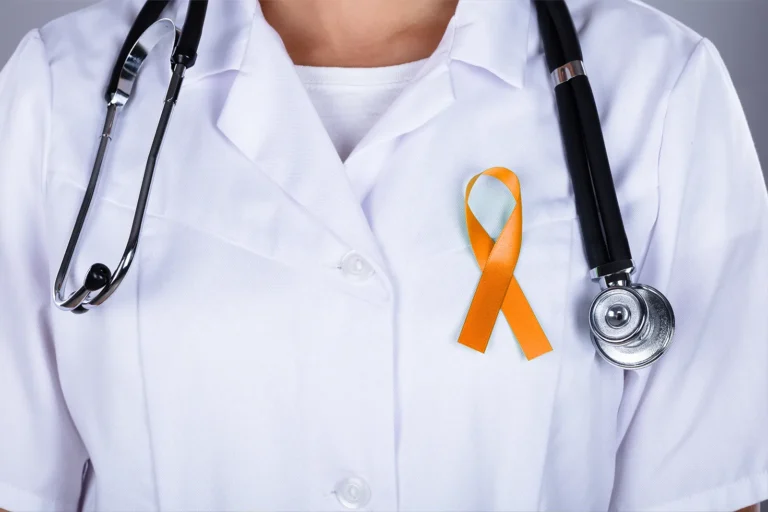Leukemia

Leukemia
Leukemia is a cancer of the blood and bone marrow that affects the production of white blood cells. It involves the uncontrolled growth of abnormal white blood cells, which crowd out healthy blood cells. Leukemia can be broadly categorized into acute and chronic types, as well as myeloid and lymphoid subtypes. Common symptoms of leukemia include fatigue, frequent infections, easy bruising, and bleeding. The cause of leukemia is not always clear, but it may involve genetic mutations, exposure to radiation or certain chemicals, and other factors. Treatment options for leukemia include chemotherapy, radiation therapy, stem cell transplantation, and targeted therapies.
Causes
Leukemia is a group of blood cancers that originate in the bone marrow, leading to the uncontrolled growth of abnormal white blood cells. The exact causes of leukemia are not always clear, but there are several known risk factors and potential contributors, including:
- Genetic Factors: Certain genetic mutations can increase the risk of developing leukemia.
- Radiation Exposure: Prolonged exposure to high levels of ionizing radiation, such as in nuclear accidents, can increase the risk.
- Chemical Exposure: Some chemicals, like benzene, have been linked to leukemia.
- Certain Medical Treatments: Previous cancer treatments, such as chemotherapy and radiation therapy, can be associated with an increased risk.
- Family History: Having a family history of leukemia or certain genetic syndromes may elevate the risk.
Symptoms
The symptoms of leukemia can vary depending on the type of leukemia, but common symptoms include:
- Fatigue: Due to a reduced number of normal blood cells.
- Frequent Infections: As abnormal white blood cells may not function properly.
- Easy Bruising and Bleeding: As leukemia cells can interfere with the body’s ability to form blood clots.
- Enlarged Lymph Nodes or Spleen: Swelling in these areas is common.
- Fever and Night Sweats: Often seen in cases of leukemia.
- Bone Pain: Particularly in cases of acute leukemia.
- Weight Loss and Loss of Appetite: Due to the impact of leukemia on the body’s metabolism.
Diagnosis
Diagnosing leukemia involves a combination of clinical evaluation and laboratory tests. The following steps are typically involved:
- Medical History and Physical Examination: Discussing symptoms and conducting a physical exam.
- Blood Tests: A complete blood count (CBC) to identify abnormal blood cell counts.
- Bone Marrow Aspiration and Biopsy: A sample of bone marrow is collected and examined to determine the presence of leukemia cells.
- Cytogenetic Analysis: Examining the chromosomes in leukemia cells to identify specific genetic abnormalities.
- Immunophenotyping: Identifying the type of leukemia by analyzing cell surface markers.
Treatment
Leukemia treatment depends on factors like the type of leukemia, its stage, the patient’s overall health, and age. Common treatment options include:
- Chemotherapy: The primary treatment for most types of leukemia, involving the use of drugs to kill cancer cells.
- Radiation Therapy: Used in certain cases, such as to target specific areas of the body with concentrated doses of radiation.
- Stem Cell Transplant: A procedure to replace damaged or abnormal bone marrow with healthy stem cells.
- Targeted Therapy: Drugs that specifically target cancer cells and their abnormalities.
- Immunotherapy: Enhancing the immune system’s ability to fight leukemia.
- Clinical Trials: Participation in research studies to test new treatments.
- Supportive Care: Managing symptoms and side effects, such as blood transfusions, antibiotics, and pain management.
The treatment plan will be tailored to the specific type and stage of leukemia, and it’s essential to work closely with a healthcare team to determine the most appropriate approach for each individual. Leukemia treatment often requires a combination of therapies and ongoing monitoring.


